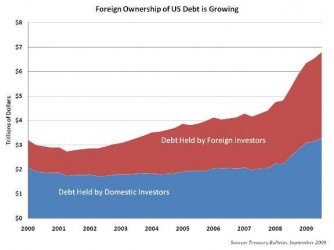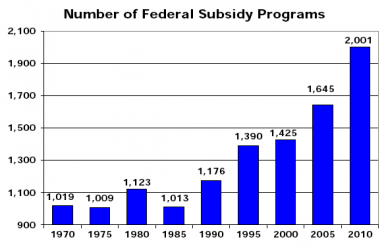Big Fitz
User Quit *****
- Nov 23, 2009
- 16,917
- 2,522
- 48
Apparently... very.I read where more than one Chinese company (a.k.a. Chinese Gov't) is already set to purchase not only GM but Chrysler.
Just how stupid are we?
I have no problems with GM being foreign owned, by private individuals or corporations. Not nations.


